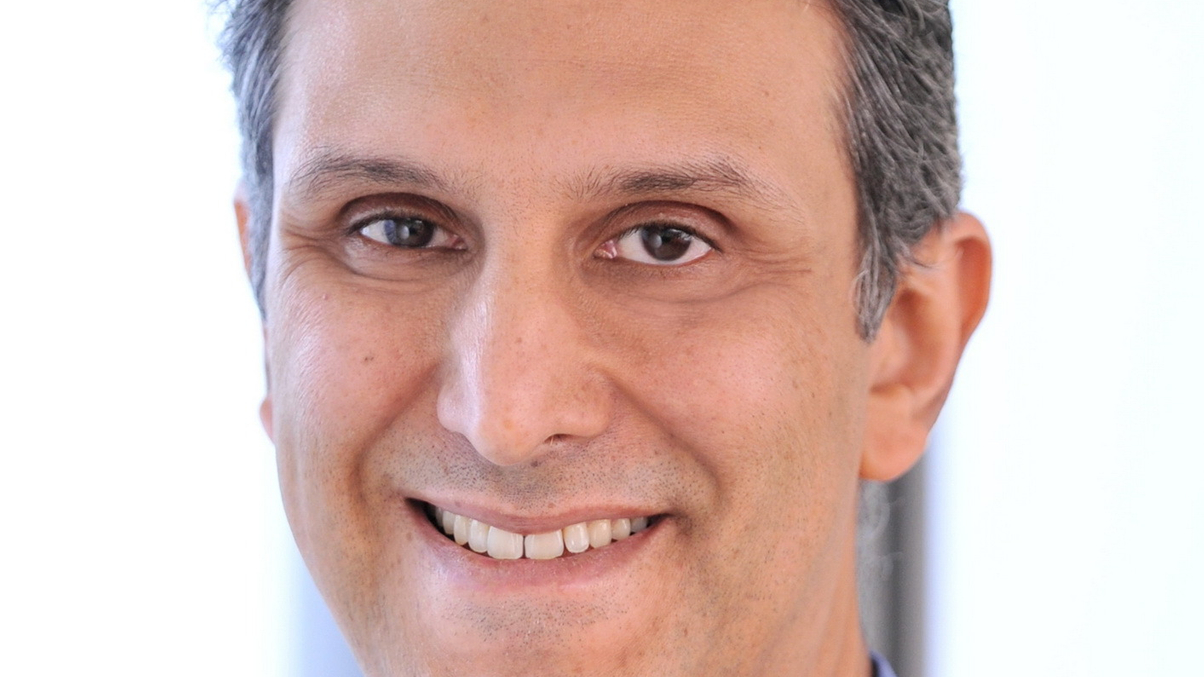HSBC shuns niche managers, turns to global
The bank has gone back to basics in client interaction. It wants to work with managers with broad capabilities to build sustainable relationships that can ride market cycles.

HSBC wealth management has been consolidating its relationships with external asset managers, ruling out working with specialist firms in favour of those with broader capabilities.
Sign in to read on!
Registered users get 2 free articles in 30 days.
Subscribers have full unlimited access to AsianInvestor
Not signed up? New users get 2 free articles per month, plus a 7-day unlimited free trial.
¬ Haymarket Media Limited. All rights reserved.


